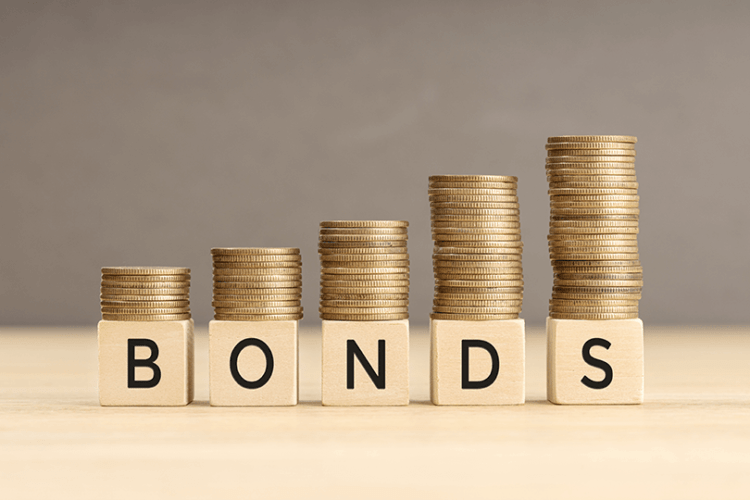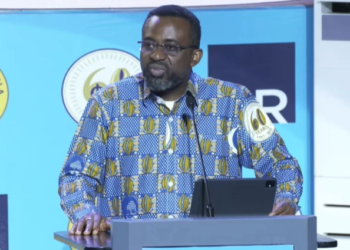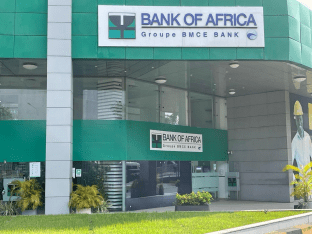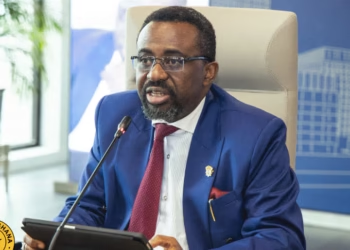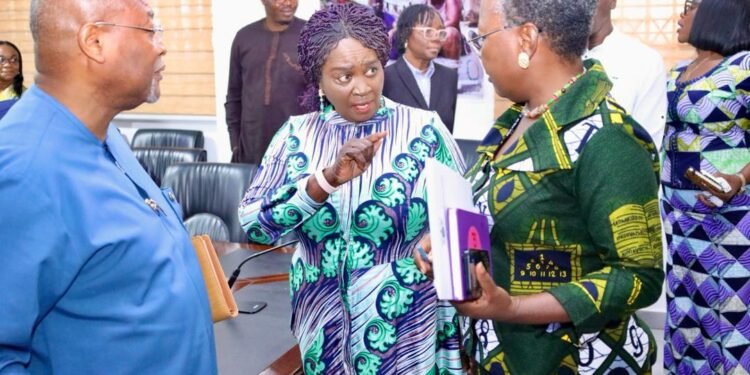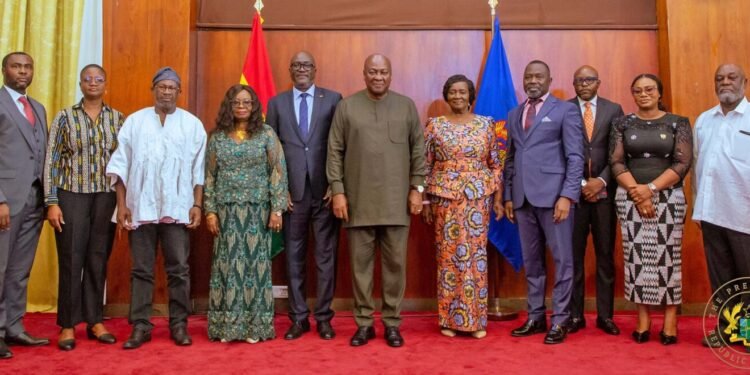The Government has reached an agreement with banks to restructure GHC15 billion (US$1.36 billion) worth of locally issued US dollar bonds.
Sources within the finance ministry and a bank holding some of the bonds revealed that the government and lenders have agreed to convert GHC6.9 billion of domestic US dollar bonds into two term loans at lower interest rates.
Ghana is in urgent need of securing new terms for an additional GHC123 billion (US$11.18 billion) domestic debt to fulfill the requirements for the next tranche ($600m) of the US$3 billion IMF loan, as the country grapples with its most severe economic crisis in decades.
To meet the deadline set by the International Monetary Fund (IMF), Ghana is focused on restructuring its domestic debt and engaging in negotiations with external creditors. The debt includes domestic dollar bonds, cocoa bills, pension funds, and amounts owed to the central bank.
In February, the country completed the first phase of its domestic debt exchange, with an impressive 85% of eligible bondholders participating. However, attention has now shifted towards securing new terms for the restructuring of the remaining debt by the end of June.
Gov’t Set To Convert GHS 8.1bn Cocoa Bills
More so, Ghana is poised to convert cocoa bills worth GHC 8.1 billion into a new bond carrying a yield of 12%. This move marks a significant departure from the 32.22% yield witnessed on the last issuance of cocoa bills in February.
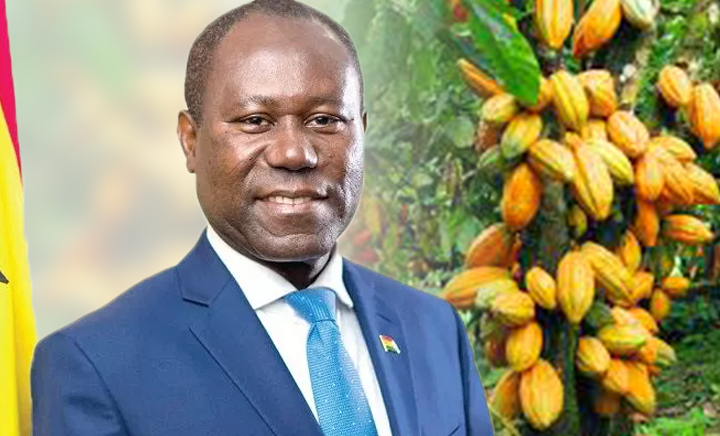
The conversion of cocoa bills into the new bond forms a key component of the government’s multifaceted approach to securing new terms for its outstanding domestic debt, which amounts to GHS 123 billion.
These proactive steps underscore the government’s determination to address its debt burden and enhance its financial outlook. By restructuring both cocoa bills and domestic US dollar bonds, Ghana aims to establish a more sustainable and manageable debt structure, aligning itself with IMF requirements and fostering economic stability.
The successful implementation of these debt restructuring measures will play a pivotal role in restoring Ghana’s financial health and positioning the country for long-term growth.
As Ghana works towards securing more favorable terms and meeting the IMF tranche conditions, careful negotiations and prudent fiscal management will be paramount to ensure a sustainable and prosperous future.
Read more: CIBG Instructs Government To Oblige To Its Coupon Payment Promise

